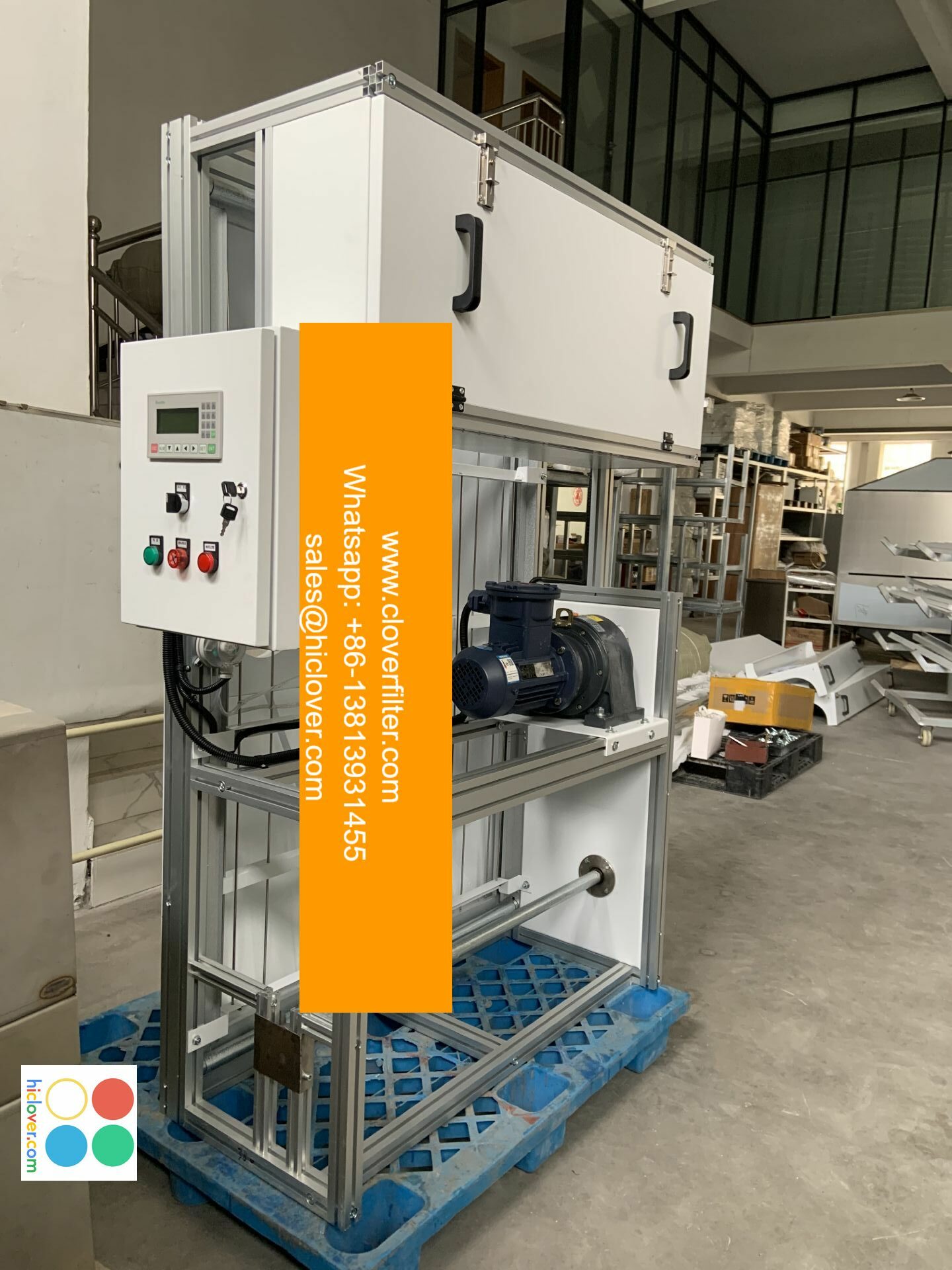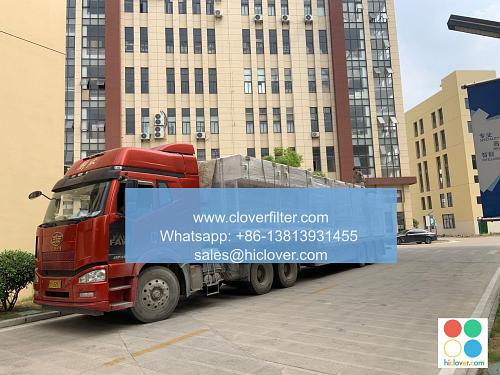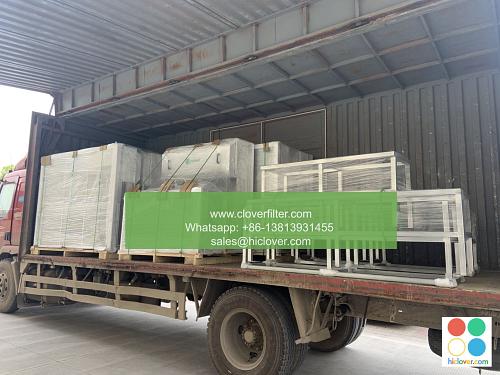The Importance of Air Filtration in Automotive Manufacturing: A Winnipeg Perspective

Air filtration is a critical component in the automotive manufacturing industry, particularly in cities like Winnipeg, where the harsh Canadian climate and geography can impact indoor air quality. In automotive manufacturing, air filtration systems play a vital role in maintaining a clean and healthy environment for workers, reducing the risk of contamination, and ensuring the quality of products. In this article, we will explore the importance of air filtration in automotive manufacturing from a Winnipeg perspective.
In Winnipeg, the automotive manufacturing industry is a significant sector, with several major manufacturers operating in the city. The industry is known for its high standards of quality and precision, and air filtration systems are essential in maintaining these standards. Air filtration systems help to remove airborne contaminants, such as dust, dirt, and other particles, which can damage products and equipment, and compromise the health and safety of workers.
One of the primary concerns in automotive manufacturing is the risk of contamination. Contaminants, such as dust and dirt, can enter the manufacturing process through various means, including the air, and can cause defects in products. Air filtration systems help to mitigate this risk by removing contaminants from the air, ensuring that the products are manufactured in a clean and controlled environment. This is particularly important in the production of sensitive components, such as electronics and engine parts, where even small amounts of contamination can cause significant problems.
In addition to reducing the risk of contamination, air filtration systems also play a critical role in maintaining a healthy and safe working environment for employees. In Winnipeg, the cold and dry climate can exacerbate respiratory problems, such as asthma, and air filtration systems can help to remove airborne irritants and allergens that can trigger these conditions. Furthermore, air filtration systems can help to reduce the risk of occupational diseases, such as silicosis, which can be caused by inhalation of airborne particles.
The type of air filtration system used in automotive manufacturing can vary depending on the specific application and requirements. Some common types of air filtration systems used in the industry include HEPA (High Efficiency Particulate Air) filters, activated carbon filters, and electrostatic precipitators. HEPA filters are particularly effective in removing airborne particles, including dust, dirt, and other contaminants, and are often used in applications where high levels of cleanliness are required.
In Winnipeg, the selection and installation of air filtration systems must take into account the local climate and geography. The city’s cold and dry climate can impact the performance of air filtration systems, and it is essential to select systems that are designed to operate effectively in these conditions. Additionally, the installation of air filtration systems must be carried out by qualified professionals, who can ensure that the systems are installed and maintained correctly, and that they operate at optimal levels.
In conclusion, air filtration is a critical component in the automotive manufacturing industry, particularly in cities like Winnipeg, where the harsh climate and geography can impact indoor air quality. Air filtration systems play a vital role in maintaining a clean and healthy environment for workers, reducing the risk of contamination, and ensuring the quality of products. By selecting and installing the correct air filtration systems, and maintaining them properly, automotive manufacturers in Winnipeg can help to ensure the health and safety of their employees, and maintain the high standards of quality and precision that the industry is known for.
FAQs
Q: What is the importance of air filtration in automotive manufacturing?
A: Air filtration is critical in automotive manufacturing as it helps to maintain a clean and healthy environment for workers, reduces the risk of contamination, and ensures the quality of products.
Q: What types of air filtration systems are used in automotive manufacturing?
A: Common types of air filtration systems used in the industry include HEPA filters, activated carbon filters, and electrostatic precipitators.
Q: How does the climate and geography of Winnipeg impact air filtration systems?
A: The cold and dry climate of Winnipeg can impact the performance of air filtration systems, and it is essential to select systems that are designed to operate effectively in these conditions.
Q: Why is it essential to select and install air filtration systems correctly?
A: The selection and installation of air filtration systems must be carried out by qualified professionals, who can ensure that the systems are installed and maintained correctly, and that they operate at optimal levels.
Q: What are the benefits of using air filtration systems in automotive manufacturing?
A: The benefits of using air filtration systems in automotive manufacturing include maintaining a clean and healthy environment for workers, reducing the risk of contamination, and ensuring the quality of products.


